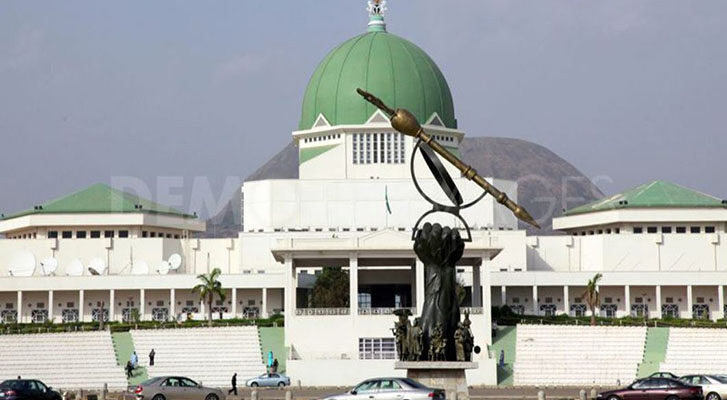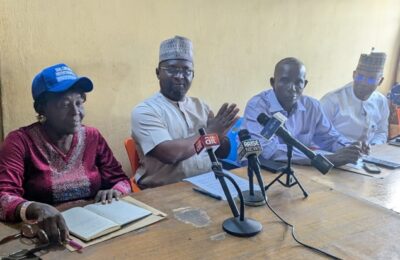There has been a long-standing debate in Nigeria about the creation of new states along ethnic divisions. While some argue that this would promote development and inclusivity, others view it as a political ploy to gain power and resources. So why is there so much agitation for state creations in Nigeria along ethnic lines? And what are the criteria for creating new states as subnationals?
Firstly, it is important to understand the historical context of Nigeria’s state structure. During the colonial era, Nigeria was divided into three regions – Northern, Eastern, and Western – based on ethnic and cultural differences. However, after gaining independence in 1960, the country adopted a federal system of government with 36 states and a federal capital territory.
Since then, there have been numerous calls for the creation of new states, mainly from ethnic minority groups who feel marginalized and underrepresented in the existing state structure. They argue that the creation of states along ethnic lines would ensure equitable distribution of resources and political power.
Moreover, the ethnic diversity in Nigeria has been a major factor in the demand for state creation. With over 250 ethnic groups, each with its own language and cultural identity, it is challenging to accommodate everyone’s needs and interests within a single state. This has led to ethnic tensions and conflicts, fueling the demand for state creation to give each group its own voice and representation.
Additionally, the unequal distribution of resources and development in existing states has also driven the agitation for state creation. The majority of the country’s resources are concentrated in a few states, while the rest are left underdeveloped and impoverished. This has created a sense of marginalization and injustice among certain groups, leading them to seek a separate state for themselves.
Now, let’s discuss the criteria for creating new states as subnationals. Nigeria’s constitution provides for states creation, but it must follow specific criteria to prevent arbitrary state creation for political gain.
Some of the criteria include population, viability, landmass, and revenue generation. The proposed state must have a minimum population of 1,500,000 people and be economically viable to sustain itself. It should also have a reasonable landmass and the potential to generate revenue to sustain its operations.
However, there have been criticisms of the current criteria for state creation, with some arguing that it does not give enough consideration to the cultural, linguistic, and historical ties of a particular group. This has led to the exclusion of some minority groups who fulfill the other criteria but fail to meet the population requirement.
In conclusion, the agitation for state creations in Nigeria along ethnic divisions stems from the desire for equal representation, resource allocation, and development among various groups. While state creation can be a means to address these issues, it must be done based on fair and just criteria to avoid further ethnic tensions and conflicts. Ultimately, the focus should be on promoting unity, inclusivity, and economic growth within the existing state structure rather than creating more divisions along ethnic lines.
– Benjamin Ibrahim, a retired Permanent Secretary, writes from Lokoja.




